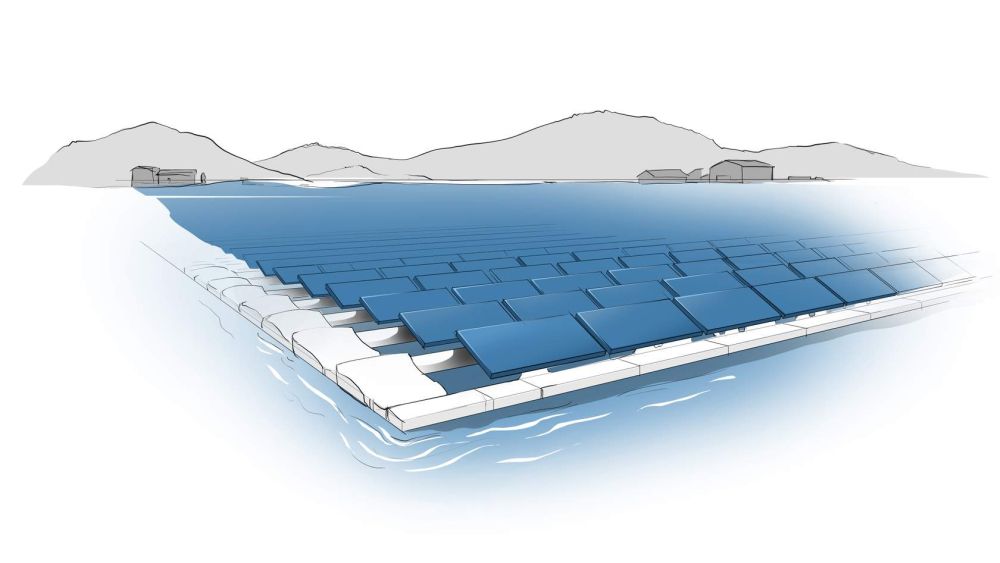| Duration: | 09/2024 - 08/2027 |
| Contracting Authority/ Sponsors: | Horizon Europe (HORIZON), Proposal number: 101135567 |
| Project Partners: | Institutt for Energiteknikk; Ciel et Terre International; Laketricity; Zimmermann PV-Stahlbau GmbH & Co. KG; BayWa r.e. Solar projects GmbH; Sunlit Sea; Uab Metsolar; Nederlandse Organisatie Voor Toegepast Natuur; Fraunhofer Gesellschaft zur Förderung der angewandten Forschung e.V.; Stichting Deltares; Association Compaz; Sabic Global Technologies BV Partner |
| Project Focus: | |
SuRE (PV) – Sustainable, Reliable, and Efficient Floating PV Power Plants
Floating PV, in order to assist the transition to a climate-neutral and resilient society and contribute to the EU policy goals, must overcome three challenges that are also emphasized in the Work Programme. Firstly, FPV (Floating PV) needs to demonstrate its sustainability by showing its low impact on biodiversity and meeting end-of-life requirements. Secondly, it must verify its longevity and reliability by ensuring system components meet structural and functional requirements throughout their entire lifecycle. Lastly, FPV needs to establish its affordability by reducing the Levelized Cost of Electricity (LCOE) from FPV power plants.
FPV must demonstrate its sustainability. This means it should show that it does not significantly impact biodiversity and meets end-of-life requirements. Additionally, it must prove the longevity and reliability of its components by demonstrating that they meet the necessary structural and functional requirements for their entire lifecycle. Furthermore, FPV should be economical by reducing the cost per kilowatt-hour (LCOE) produced by FPV power plants.
These are the challenges that the objectives of "SuRE" aims to overcome. Activities are structured into three generalizable topics: Sustainability, Reliability, and Efficiency, which gives "SuRE" its name and is designed to advance the entire FPV industry.
We will continue to work with specific technology developments for three leading European FPV providers to improve their design, sustainability, cost competitiveness, and application range.
The three FPV technology providers are Ciel et Terre (CTI), which has installed 650 MW globally, Zimmermann PV-Steel Group (ZIM), which dominates the European FPV market, and Sunlit Sea (Sunlit), which provides an innovative FPV solution for offshore deployment. CTI recently prototyped a new floater design that will be developed and tested in "SuRE", first at a scale of 50 kW, then at a scale of 5 MW. ZIM aims to expand their technology to higher sea states and will build a 5 MW facility based on the developments in floater, connection, and anchoring technology in "SuRE".
Sunlit is about to scale up their FPV technology and sees potential for large cost reductions and carbon footprint reductions through the activities planned in "SuRE". They will build a smaller, but still commercially relevant, pilot of 100 kW on the Norwegian coast. Ultimately, "SuRE" will provide both cost-effective and sustainable new FPV technologies as well as generalizable knowledge, expanding the potential application areas without environmental damage.
